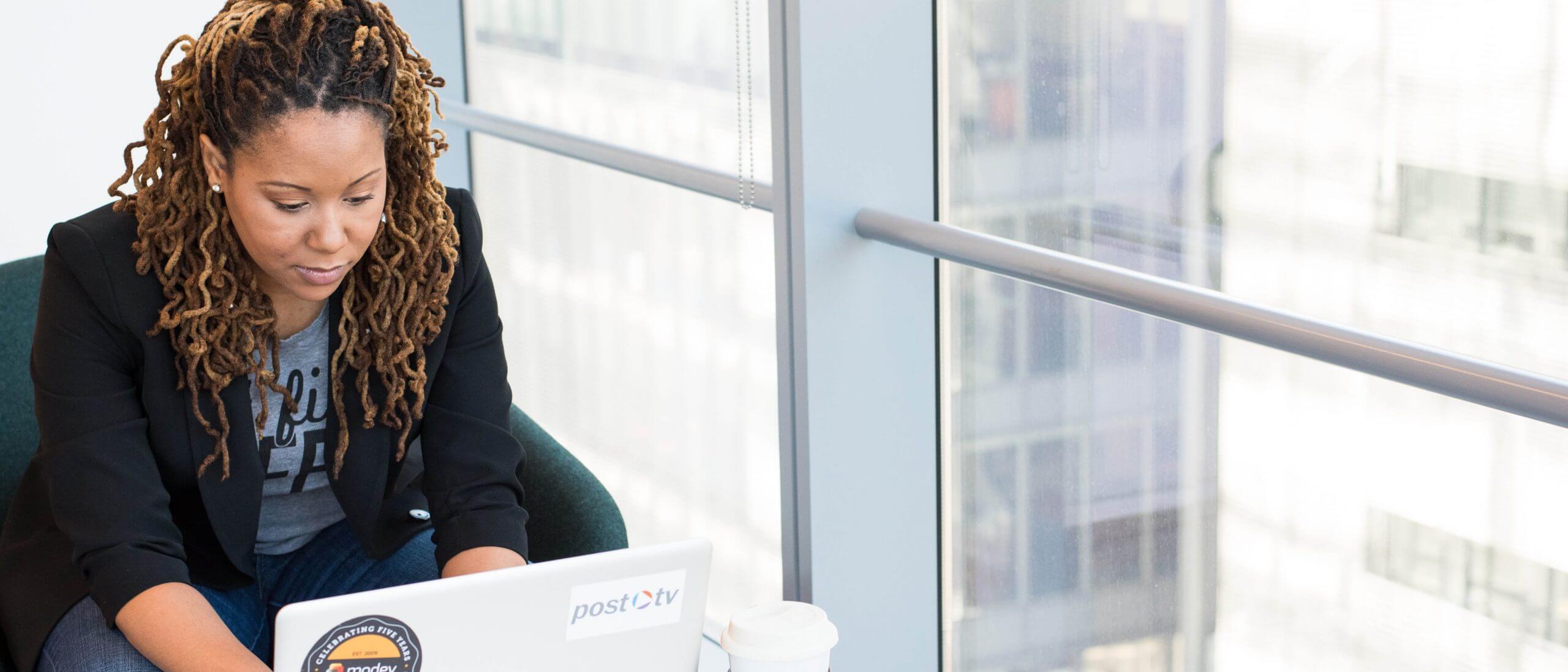What is natural hairstyle discrimination?
Natural hairstyle discrimination occurs when natural or protective hairstyles (most often worn by Black women) are prohibited or are the basis of different or unfavorable treatment. That sounds a bit technical, we know. What it usually looks like in practice is dress codes that prohibit corn rows, locs, or afros. Or hiring managers rejecting candidates with natural hair because they don’t have a “professional” look about them.
Some states have made natural hairstyle discrimination illegal by amending their employment discrimination laws. These laws now define race to include traits associated with race, including hair texture and protective hairstyles. Protective hairstyles include (but aren’t limited to) afros, bantu knots, curls, braids, locs, and twists.
Employees in these states have legal protections so that they don’t have to do something special or difficult with their hair (such as straighten it) just to come to work. They don’t have to change this part of their racial identity. Ideally, they don’t have to worry about not being hired or promoted because they wear a natural or protective hairstyle.
Whether or not you operate in a state that has made natural hairstyle discrimination illegal, we strongly recommend that you allow and encourage employees to wear hairstyles that work for them, whether that’s because they are easy, protective, or part of how they identify themselves.


